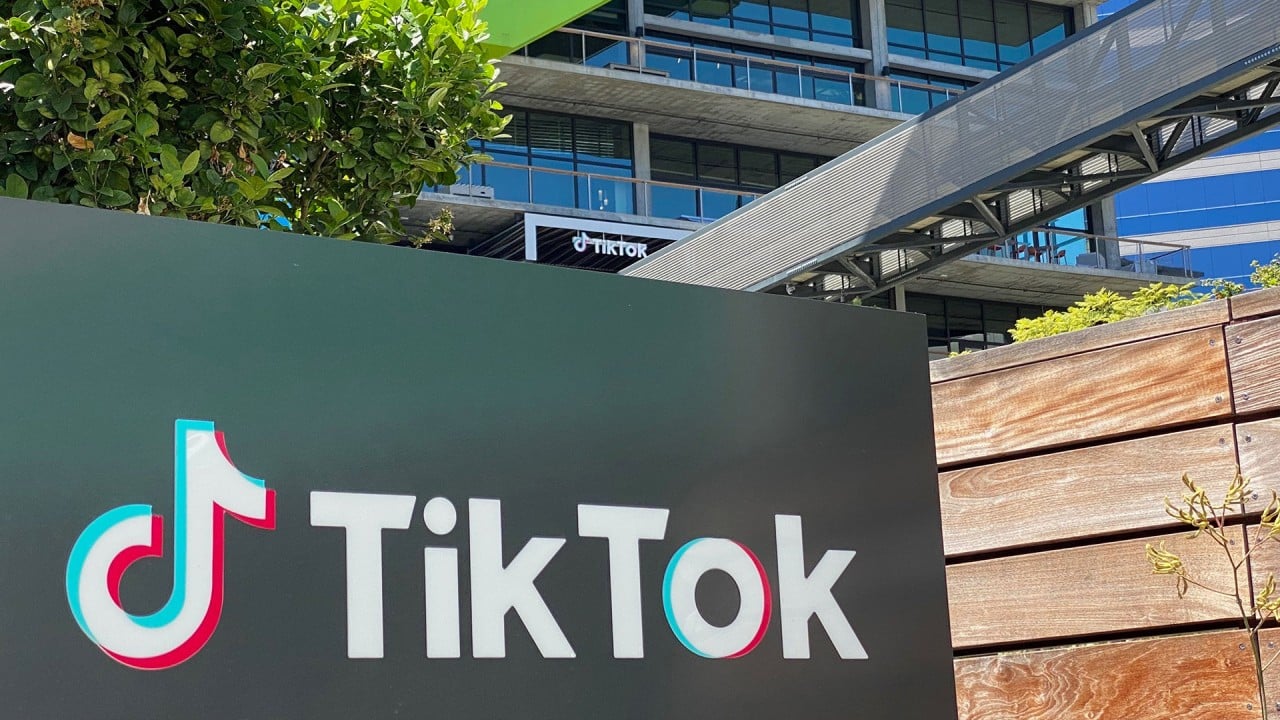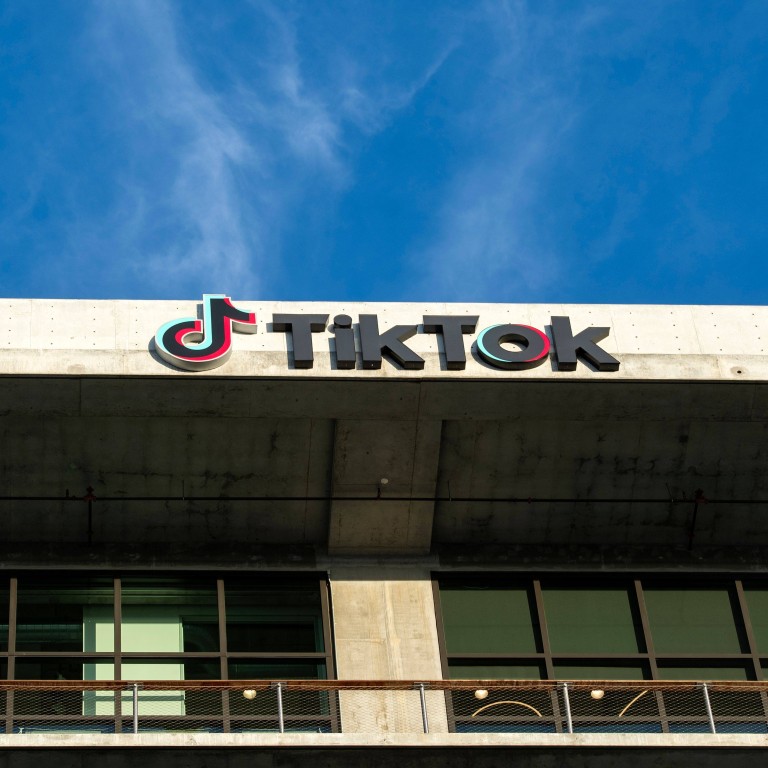
TikTok: A Chinese entrepreneur’s unfinished search for global recognition
- Chinese tech unicorn ByteDance’s global ambitions continue to face headwinds under the Biden administration, said analysts
- The company has been caught in the middle of a widening political and economic rift between China and the West
At first glance, the English and Chinese versions of ByteDance’s website look like mirror images of each other: both feature the same upbeat images of cheerful office workers and a beaming father looking at a smartphone with his young son. Scrolling down the homepage, however, reveals subtle but significant differences.
The English website contains a section showing Beijing-based ByteDance’s five board directors, four of whom are from the company’s foreign investors, including US investment firms Susquehanna International Group (SIG), General Atlantic and Coatue Management, as well as venture firm Sequoia Capital.
Beneath that section is an organisational chart highlighting the separate overseas entities managing the operations of ByteDance’s hit short video-sharing app TikTok in different markets: the US, Australia, Singapore and the UK.
Neither the list of board members nor the organisational chart appear on the Chinese website – a difference that illustrates the geopolitical tightrope that ByteDance has to navigate if it wants to grow as a global company.

“The Biden team is going to prefer a broader solution to the issue of how Chinese companies operating in the US handle US personal data, and will need to determine an overall strategy on this complex issue,” he said.
“There are many aspects of the existing negotiations between the US parties and proposals for a mitigation plan that the Biden team will want to look at very carefully before giving any approval, given the precedent this case could set.”
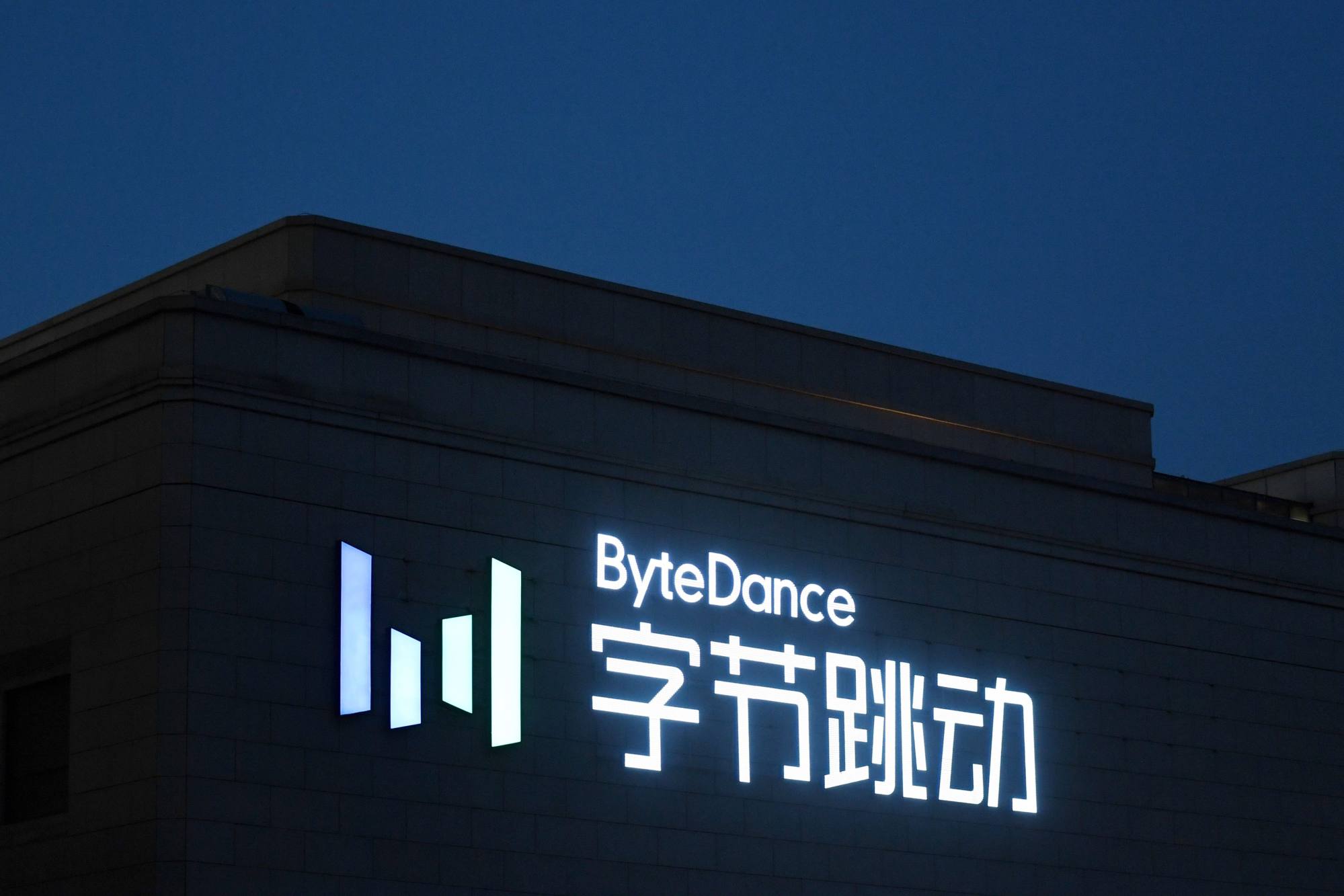
Any plans that the US government eventually comes up with might be received very differently across the Pacific, based on last year’s efforts to strike a deal between TikTok and its potential American buyers.
While none of the parties involved in the stalled deal have publicly commented on it since President Donald Trump left office in January, a source who was briefed on the discussions told the Post that the search for a new business structure for TikTok in the US is still ongoing.
TikTok’s US operations will eventually be made into an independent entity, according to the source, citing calls to break up Google and Facebook amid antitrust scrutiny.
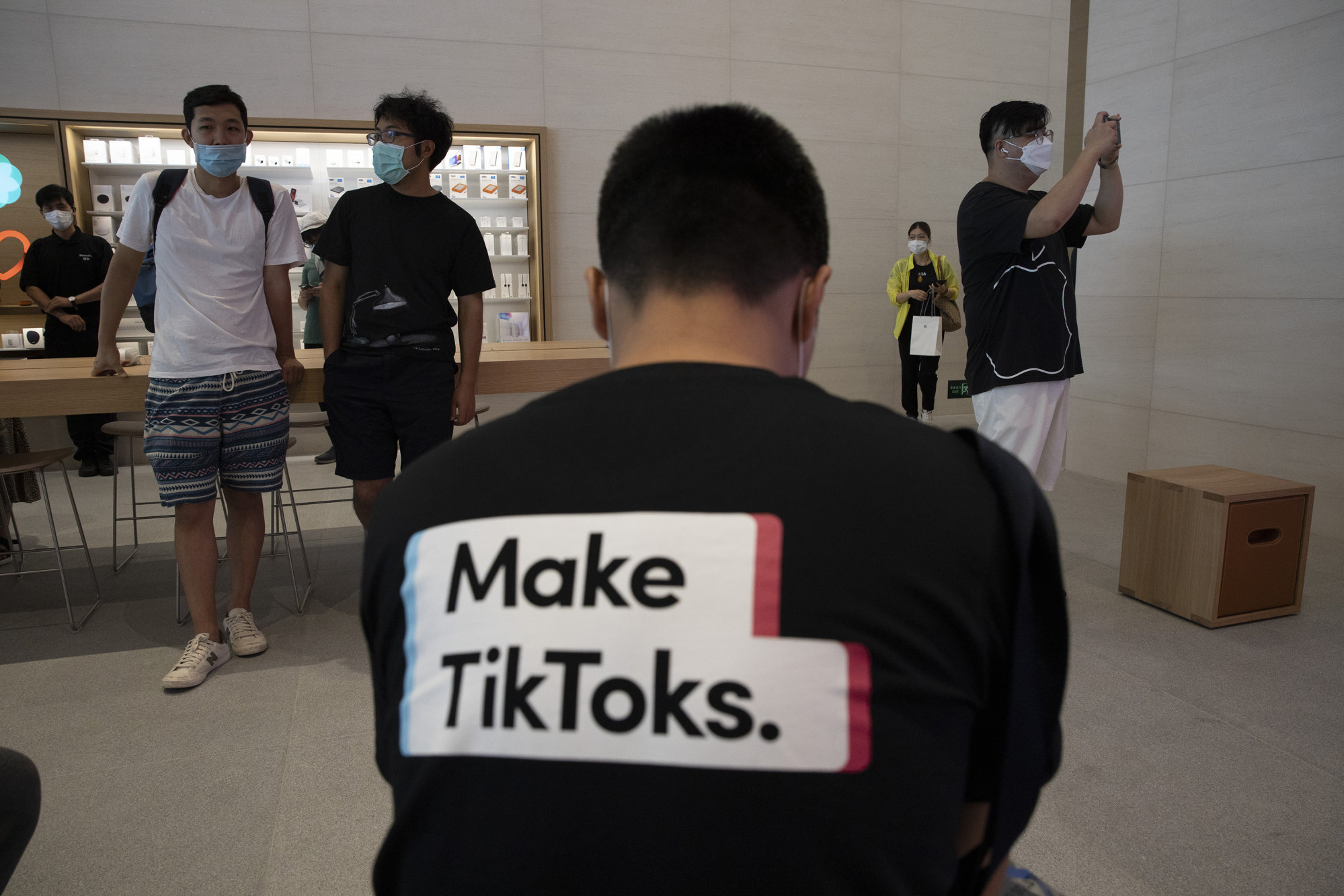
Meanwhile, TikTok’s popularity among Americans has grown again. Downloads rose 33 per cent in December from the previous month to 5.7 million, according to data from mobile analytics firm Sensor Tower, after declining between August and November.
Advertisers who were wary of TikTok’s future in the US have also flocked back to the app after Biden won the election, according to a Reuters report, citing advertising agency executives.
In Europe, TikTok nearly doubled the size of its team in the last months and is setting up a new 88,500-square-foot office in London in addition to two existing offices, Business Insider reported Tuesday.
On the geopolitical front, challenges still lie ahead for ByteDance and the other Chinese tech companies that were targeted by the Trump administration.
“The Biden administration has been clear that it will focus attention on security risks posed by Chinese technologies, and that’s not going away,” said Justin Sherman, a fellow at the Atlantic Council’s Cyber Statecraft Initiative.
However, “the Biden administration would do well to develop better US government policies on the security risks of foreign software,” he said. “Simply continuing with Trump’s approach to TikTok is not the way to do that.”
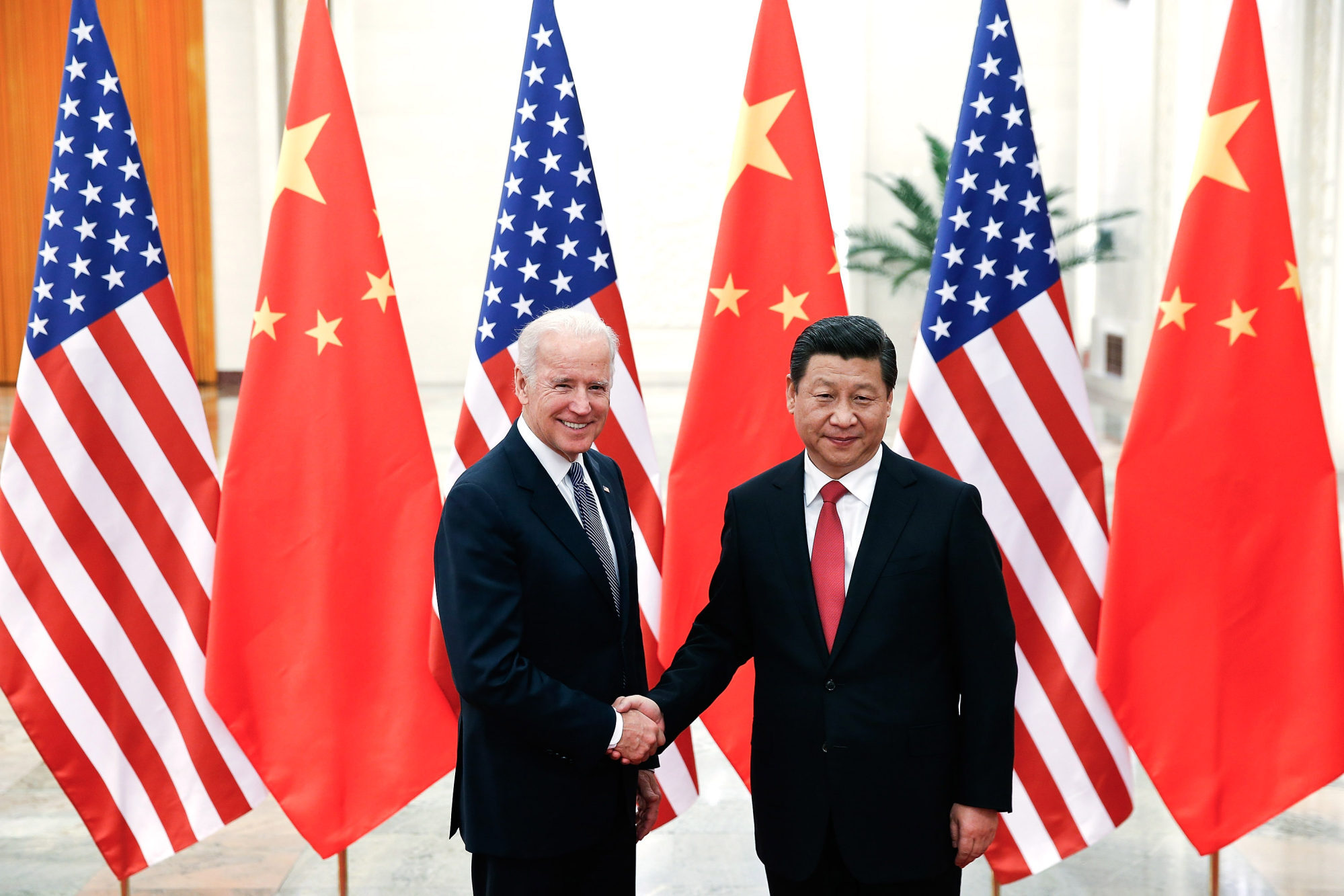
As long as China’s relationship with the US is “not in a good fitting”, ByteDance could remain a target regardless of what it does, according to Dev Lewis, a fellow at Hong Kong-based think tank Digital Asia Hub.
“[No matter] how many rules and regulations they’re trying to follow, how transparent their data is, they will always be tagged as a Chinese company and tagged as someone [who others] cannot trust them to share data with,” Lewis said.
For ByteDance CEO Zhang Yiming, who founded the company nine years ago from a flat in Beijing, it has been a long journey. Despite the start-up’s humble beginnings, he has always held global ambitions for his business, he said in a speech in 2019. Even in the early days, he already decided that ByteDance would be more than just a Chinese company.
“We began to discuss globalisation in [our first office]. When we chose ‘Zijietiaodong’ as our Chinese name, we also decided on ‘ByteDance’ as the English name,” he said.



